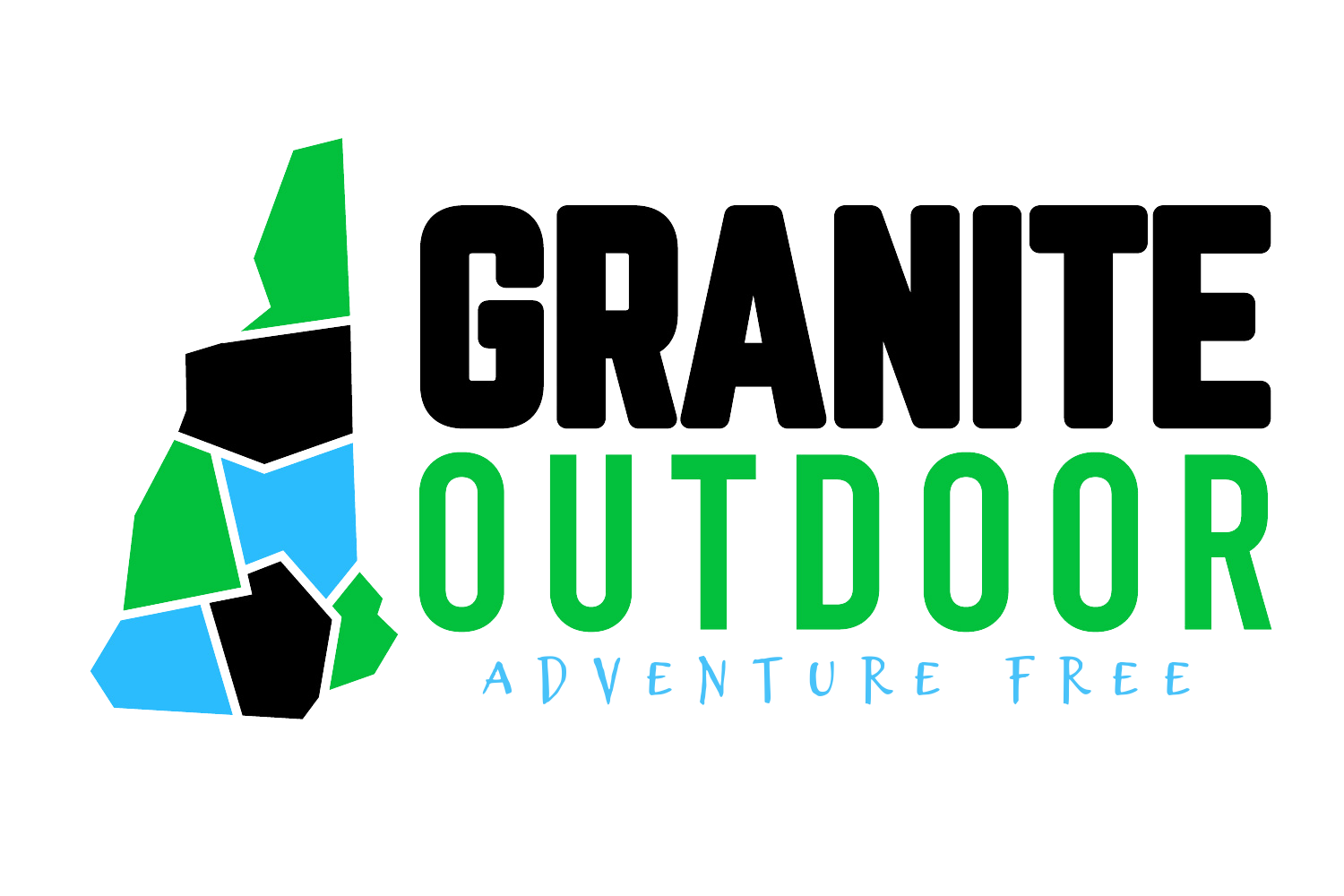
Bringing Circularity to an Outdoor Hub
The term circularity–the art of reuse and waste elimination–has attained buzzword status. Perhaps that’s because it is proving to be an effective business model, as Franconia Basecamp can attest.
Co-owner Jill Brewer says the outfitter in Franconia is filling a void by providing consignment, rental, and repair options for outdoor enthusiasts.
“It’s been a dream of ours,” Brewer says of the business she opened with her husband Adam Nyborg in May 2022. “A big part of Franconia’s identity is that of an outdoor hub, and we’re trying to expand outdoor experiences and protect the environment through upcycling gear and clothing.”
Indeed, the company’s stated mission is “to increase access to the outdoors, reduce our impact on the environment, and give back to our local community while providing a welcoming hub to adventurers of all backgrounds and experience levels.”
This succinctly encapsulates three pillars of sustainability: People, planet, and profit. The sweet spot is the intersection of these principles, whereby a company like Franconia Basecamp can achieve and share positive outcomes internally and externally.
The company accepts numerous items for consignment, such as camping gear, outdoor clothing, footwear, skis, and kayaks/canoes. Consignors, or sellers, enter into an agreement with Franconia Basecamp that outlines compensation and other details. For most consignment items, the seller receives 50 percent of the sale, if taking cash, and 60 percent for store credit.
As part of an effort to support community organizations, Franconia Basecamp created a convenient way for consignors to also give back.
Brewer says some customers are more than satisfied to have their clothing or equipment find a new home and will donate their proceeds of the sales to Franconia Basecamp’s community partners. The company has developed relationships with local and regional nonprofits that align with Franconia’s mission, such as Ammonoosuc Conservation Trust, Turtle Ridge Foundation, and Adaptive Sports Partners.
“The response to this has been very positive,” Brewer says. “People appreciate being able to get rid of something, all the while supporting a small Main Street business like ours and the nonprofits that we are working with. These are typically outdoor people who are happy to help out organizations that support the environment.”
In addition to its retail and consignment offerings, the business hosts a ski and bike tuning and repair shop, and an inventory of e-bikes that are available for rental. While it does sell some new products, it tries to focus on those that rate highly on sustainability metrics, like Cotopaxi.
“E-bikes are a great way for people to explore the area. It really doesn’t matter the level of fitness of the rider, which is great for accessibility,” Brewer says, adding that a typical charge will provide for around 45 miles of use. “From our shop, people will ride to the Franconia bike path or to some of our great local restaurants and breweries.”
As many readers of GO: Sustainable surely know, the natural world is ruled by circularity and is able to find use and benefit in all waste. While that level of precision is difficult to emulate in human society, Franconia Basecamp is doing its part to ensure that outdoor products can find multiple lives in the White Mountains.
“I’m optimistic that this movement and awareness towards reusing gear and apparel will continue to grow,” Brewer says. “We’re finding that a lot of people who are financially able to buy new gear are trying to shop in a more conscious way and are able to get things that are in great shape, but just aren't new.”
GO Sustainable Tip of the Month
Storytelling has been a key part of human culture for eons. Beyond pure entertainment, its power can be explosive to motivate change and drive creativity. As a business or organization, clearly and efficiently telling your story can shepherd customers and talent to your side. While in recent years certain aspects of sustainability have become unnecessarily partisan, most reasonable people agree that corporations that act responsibly are preferable to the alternative. To be sure, it’s critical to not overstate, or greenwash, actions taken and outcomes achieved. But, organizations that accurately and effectively use storytelling to describe their sustainability practices will be further up the mountain than their competitors.
Andrew Schuyler splits his time between Conway, NH and Melrose, MA. He serves on the board of the White Mountains Interpretive Association and has a background in journalism, clean tech, sustainability, and government affairs. He enjoys hiking, swimming, and ultimate frisbee, and has yet to find any redeeming value to ticks or black flies. Reach him at andrewschuyler@hotmail.com.




